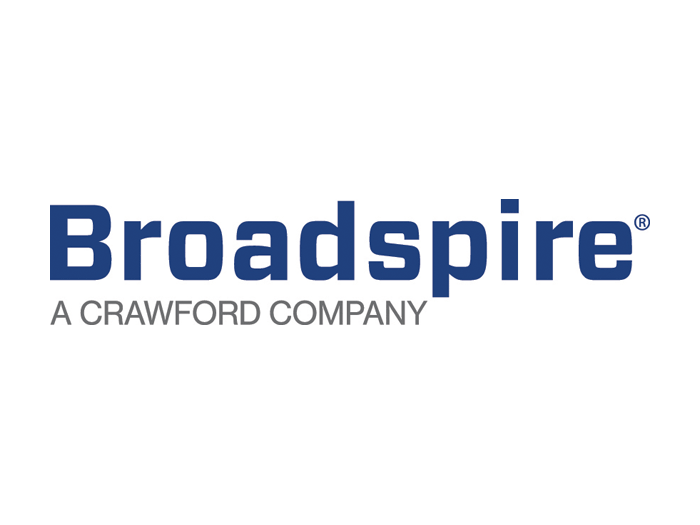COVID-19 Injury or Death Litigation? Examine Your General Liability Policy Very Closely
Most COVID-19 insurance-related questions have been focused on workers’ compensation and business interruption policies.
But other issues, including the fact that coronavirus-related deaths on cruise ships and in long-term care facilities are becoming a source of tort litigation, prove that insurers have a lot to think about during this pandemic.
In such situations, businesses will certainly look to their commercial general liability insurance policy (CGL) for coverage, including the cost of defense.
The CGL is a standardized policy (in form, although not in interpretation).
The Insurance Services Office (ISO) form CGL policy provides businesses with protection with respect to claims brought by third parties (not the insured) for: (a) “bodily injury” or “property damage” (Coverage A); personal and advertising injury (Coverage B); and medical payments (Coverage C). Property damage is defined in the CGL as “physical injury to tangible property, including all resulting loss of use of that property,” and “loss of use of tangible property that is not physically injured.”
In these policies, “bodily injury” is defined as “injury, sickness, or disease sustained by a person, including death.”
To be covered, the bodily injury or property damage must have happened during the policy period. The burden of proof is on the insured to show a claim falls within the terms and the coverage period of the insurance policy.
Fortune Insurance Company v. Owens, 351 N.C. 424, 430, 526 S.E.2d 463, 467 (2000). With respect to bodily injury claims, there is rarely an issue as to when the injury arose as the courts usually accept the date of first treatment (or death) as the first manifestation of the bodily injury.
Many, if not most, CGL policies have what is known as a “mold exclusion” well known among construction professionals. While referred to as “mold,” the actual exclusion covers both fungi and bacteria.
The usual language excludes coverage for bodily injury “occurring in whole or in part” as a result of “exposure to …. any bacteria on or within a building or structure.” That said, COVID-19 is a virus and not a bacteria or fungi.
The courts of North Carolina strictly construe exclusions, with the burden of proving their application placed upon the insurance carrier. There is also a common exclusion for pollution exposure, but the courts generally view pollution exposure to refer to chemical (or heavy metal) contamination. I am unaware of a court decision designating a disease as a form of pollution.
There is also an endorsement available, but rarely used, that specifically excludes liability for communicable diseases. Frankly, it would appear that none of the usual exclusions apply to COVID-19-related bodily injury claims (absent the rare communicable disease exclusion).
The next step in the analysis is to determine if the “bodily injury” was caused by an “occurrence.” Typical CGL policies define “occurrence” as “an accident, including continuous or repeated exposure to substantially the same general harmful conditions.”
Importantly, the term “accident” is not itself defined by the CGL policy. This omission has resulted in substantial litigation across multiple jurisdictions that seeks to define “accident” in the insurance coverage context. The results of these cases vary from state to state.
The Supreme Court of North Carolina has provided a definition for “accident” in the CGL context stating:
“This Court has defined ‘accident’ as an unforeseen event, occurring without the will or design of the person whose mere act causes it; an unexpected, unusual, or undersigned occurrence; the effect of an unknown cause, or, the cause being known, an unprecedented consequence of it; a casualty.”
Waste Management of the Carolinas v. Peerless Insurance Company, 315 N.C. 688, 694, 340 S.E.2d 374, 379 (1986). North Carolina courts typically construe the provisions in an insurance policy broadly in favor of the insured.
While there is no North Carolina case equating “accident” with communicable disease, an epidemic such as COVID-19 should probably be viewed as “an unforeseen event” or “unusual” or “unprecedented.” If so, there would be a basis for coverage under Coverage A of the CGL.
Coverage B, personal and advertising injury, does not require an occurrence. However, Coverage B only provides coverage for such things as false arrest, detention or imprisonment, wrongful eviction, libel, slander or disparagement of goods and services.
About the only thing relevant to COVID-19 in this list is perhaps false or wrongful detention or imprisonment arising from a claim of wrongful quarantine.
On the other hand, Coverage C might very well come into play for payment of third-party medical expenses caused by an accident on the insured’s premises or due to the insured’s operations (i.e., delivery drivers, construction workers on project sites, etc.). Importantly, fault is not a defense to claims under Coverage C.
Finally, it is critical to review any and all policies of insurance to discover what coverage, if any, is available to address the effects of the COVID-19 on businesses as well as individuals. &










